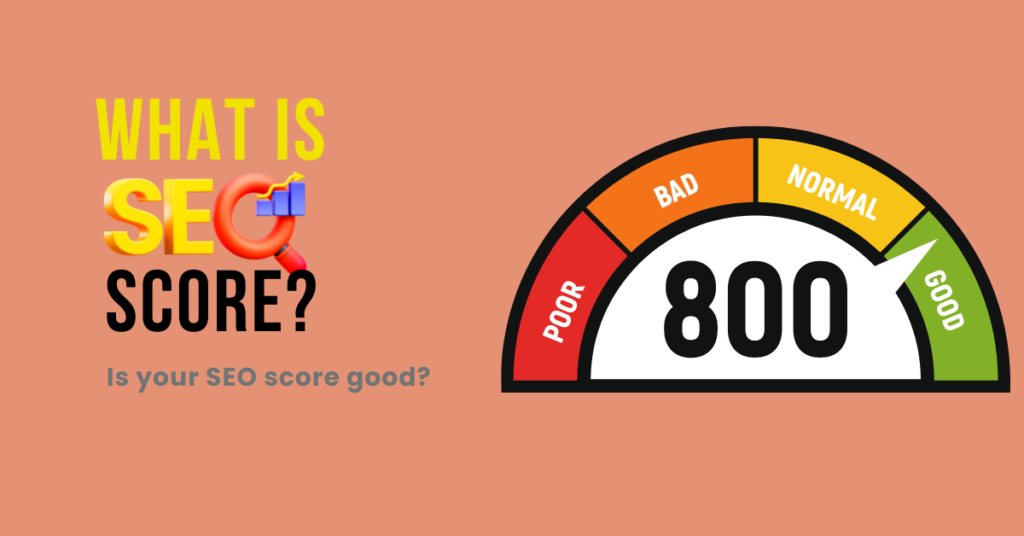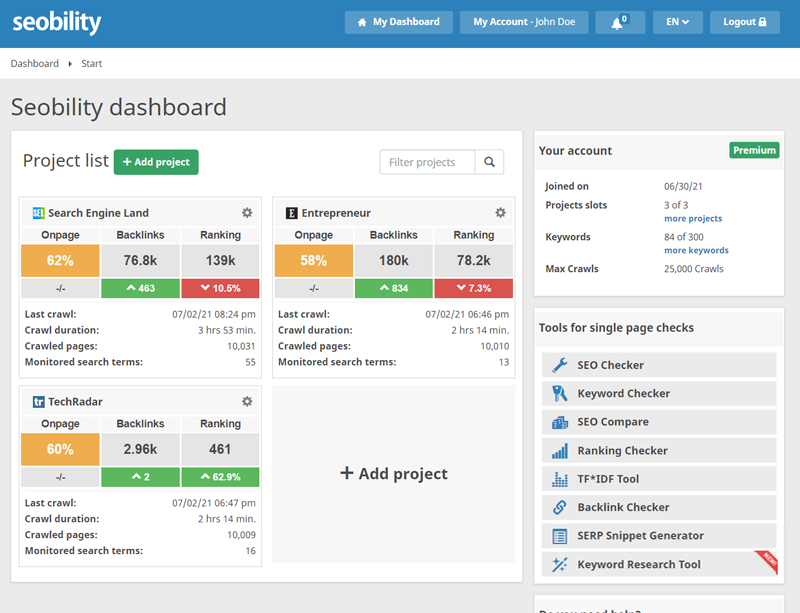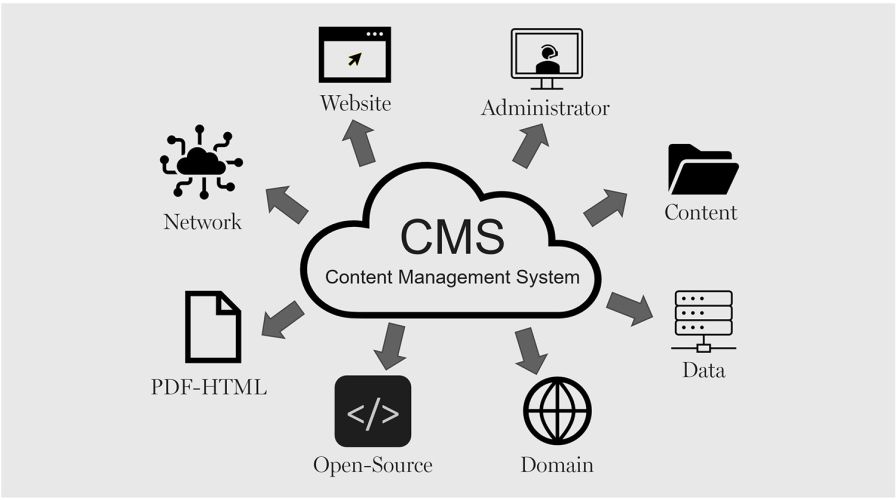In the ever-competitive world of online presence, a website’s ranking on search engine results pages (SERPs) is paramount. This is where SEO, or Search Engine Optimization, comes in. But how do you measure the effectiveness of your SEO efforts? Enter the concept of a website SEO score.
What is a Website SEO Score?
A Website SEO score is a metric generated by SEO tools to indicate the overall health of your website’s search engine optimization. It reflects how well your site adheres to search engine guidelines and best practices, ultimately impacting its potential to rank higher in search results.
What Factors Affect a Website’s SEO Score?
SEO scores consider a multitude of factors, but some of the most common include:
- Technical SEO: This encompasses the website’s underlying code, structure, and mobile-friendliness. A well-structured website with fast loading times is likely to score higher.
- On-page Optimization: This focuses on the content itself, including factors like relevant keywords, meta descriptions, and title tags.
- Off-page SEO: This refers to external signals like backlinks from high-authority websites, which significantly influence SEO scores.
- User Experience (UX): Search engines prioritize websites that offer a positive user experience, including factors like clear navigation and mobile responsiveness.
How to Check Your Website’s SEO Score
Numerous free and paid SEO tools offer website audits and SEO score generation. Some popular options include:
- Semrush
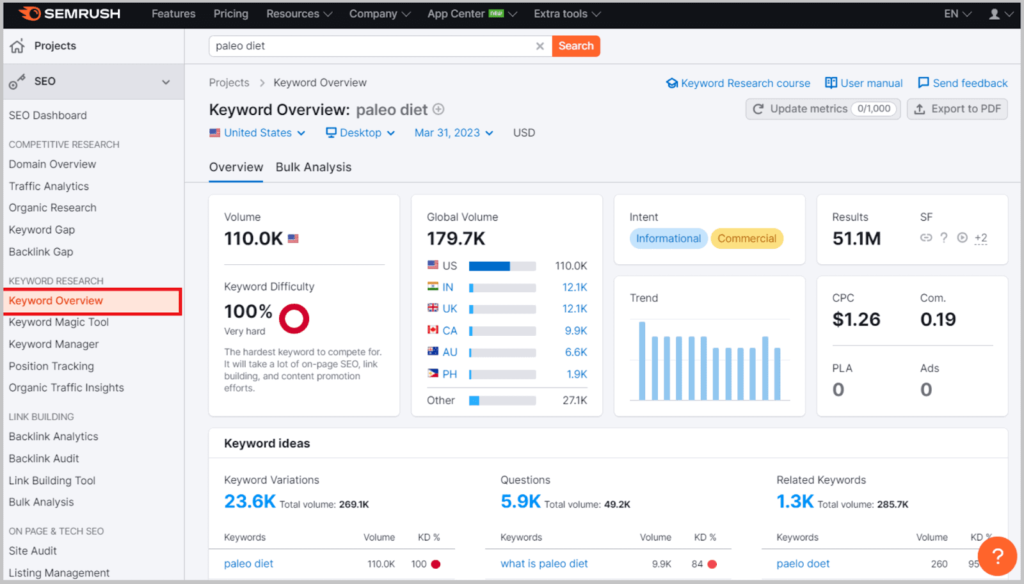

- Seobility
- Ahrefs
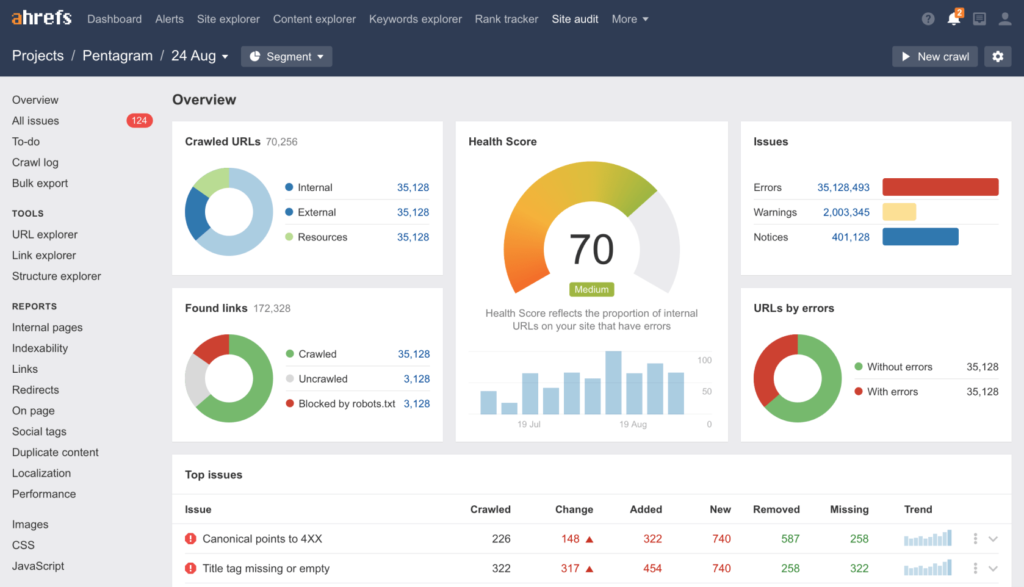

- Moz

These tools crawl your website, analyze various SEO parameters, and provide a score along with specific recommendations for improvement.
What is a Good SEO Score?
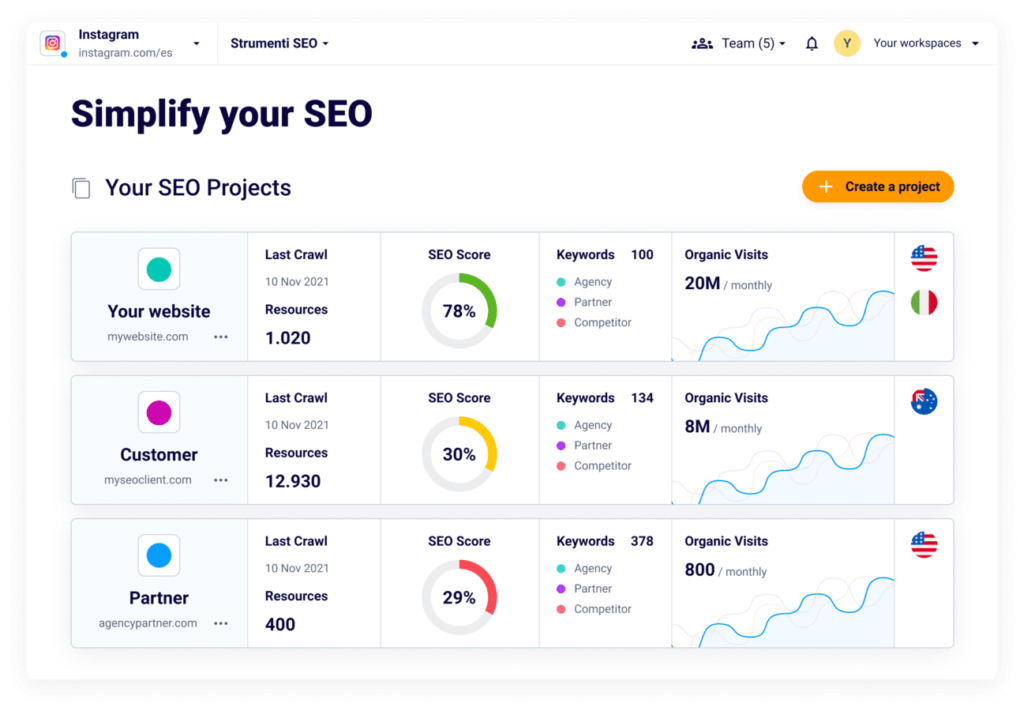
It’s important to remember that SEO scores are not absolute benchmarks. Different tools utilize varying metrics and algorithms, so a score of 80 on one platform might translate to 75 on another. However, a general guideline suggests that:
- Scores above 80: Indicate a well-optimized website with a strong foundation for ranking.
- Scores between 60-80: Highlight areas for improvement but still show potential for good ranking.
- Scores below 60: Signal significant SEO issues that need to be addressed to enhance search visibility.
Beyond the Score: A Holistic Approach to SEO
While SEO scores offer a valuable starting point, they shouldn’t be the sole focus of your SEO strategy. Here’s why:
- Focus on Quality Content: Creating valuable and informative content that resonates with your target audience is crucial for attracting organic traffic, regardless of the score.
- Track Organic Traffic: Monitor your website’s organic traffic growth over time. This is a more reliable indicator of your SEO success than a single score.
- Stay Updated on Algorithm Changes: Search engine algorithms constantly evolve, so staying informed about the latest updates is essential to maintain good ranking.
Conclusion
Website SEO scores are a helpful tool to assess your website’s search engine optimization health. However, a holistic approach that prioritizes high-quality content, user experience, and keeping pace with algorithm changes is vital for achieving long-term SEO success. By combining SEO score insights with these broader strategies, you can ensure your website thrives in the competitive world of search engine rankings.


